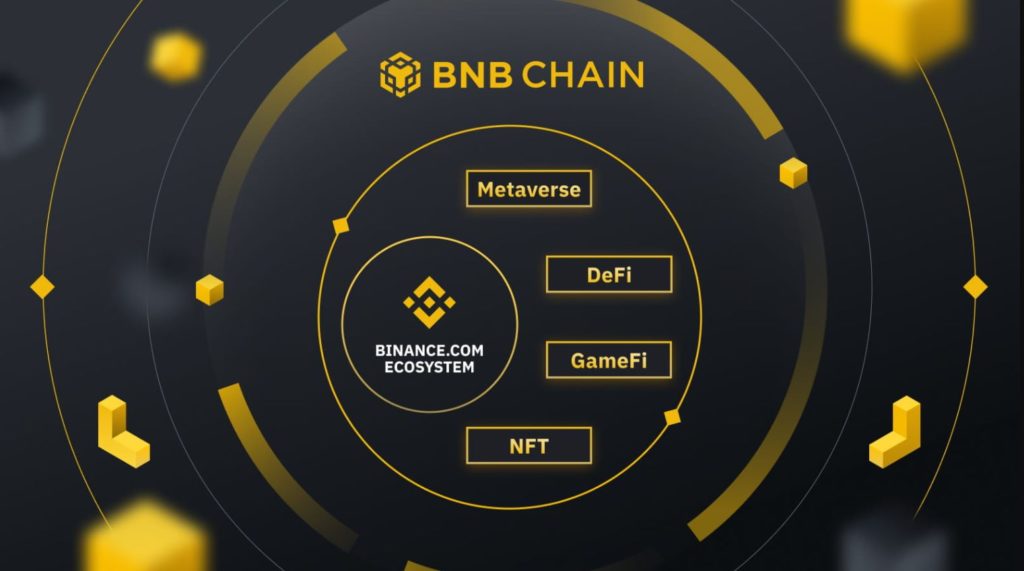In the fast-evolving world of cryptocurrency, security remains a paramount concern for investors. With the growing incidence of hacks and cyber attacks targeting digital assets, protecting one’s investment is essential. A crypto cold wallet, known for its offline security, has become a favored option among seasoned investors. This article will delve into the concept of crypto cold wallets, explain why they are essential, and explore the different types of cold wallets available.
What is a Crypto Cold Wallet?
A crypto cold wallet is a type of cryptocurrency wallet that stores digital assets offline, providing a safer alternative to online or “hot” wallets. Unlike hot wallets, which are connected to the internet and thus vulnerable to cyber attacks, cold wallets keep private keys—the crucial information needed to authorize transactions—securely stored offline. This makes them highly resistant to hacking attempts and online threats, safeguarding users’ funds even if their computer or online account is compromised.
Cold wallets are widely used by individuals and institutions with large crypto holdings, as they offer a significantly higher level of protection compared to hot wallets. While cold wallets are primarily designed for storage rather than frequent transactions, they are ideal for those who prioritize security over convenience.
Why Use a Crypto Cold Wallet?
The primary benefit of a cold wallet is its enhanced security. Since private keys are stored offline, hackers and cybercriminals have no way to access these keys remotely. This reduced exposure makes cold wallets the go-to choice for investors who want to hold onto their cryptocurrency for the long term.
Additionally, cold wallets are generally immune to malware and phishing attacks, which often target hot wallets and online exchanges. For investors who value peace of mind, a cold wallet serves as a robust solution for preventing unauthorized access and ensuring that their digital assets remain safe.
Types of Crypto Cold Wallets
There are several types of cold wallets available, each with unique features and levels of security. Here, we’ll look at the most popular types, including hardware wallets, paper wallets, and air-gapped computers.
1. Hardware Wallets
Overview: Hardware wallets are physical devices specifically designed to store private keys offline. They are often regarded as one of the most secure types of cold wallets available due to their robust design and the protection mechanisms built into them.
Features:
- Offline Storage: Private keys are stored in the device and never exposed to the internet.
- Secure Authentication: Most hardware wallets require a PIN or passcode, adding an extra layer of security.
- Compatibility: Many hardware wallets support multiple cryptocurrencies, making them versatile for users with diverse portfolios.
Popular Brands:
- Ledger Nano S and X: Ledger devices are compact, user-friendly, and support a wide range of cryptocurrencies.
- Trezor: Known for its high-security standards, Trezor wallets offer a simple user interface and compatibility with numerous coins.
Advantages:
- Strong encryption protects private keys.
- Hardware wallets are resistant to viruses and malware.
- They are portable and convenient for long-term storage.
2. Paper Wallets
Overview: A paper wallet is a physical document that contains a user’s public and private keys. Typically, the keys are represented as QR codes that can be scanned for quick access. Paper wallets are inexpensive to create and are entirely offline, making them an effective cold storage solution.
Features:
- Complete Offline Security: Since a paper wallet is not connected to any device or the internet, it is entirely immune to cyber attacks.
- Simple Setup: Users can generate and print a paper wallet easily using trusted platforms.
Advantages:
- Cost-Effective: There is no need to purchase a device, making it an affordable option.
- High Security: When stored securely, paper wallets are highly resistant to theft.
Disadvantages:
- Fragility: Paper wallets can be easily damaged, lost, or destroyed. They require careful handling and safe storage.
- No Backup: If the paper is lost or damaged, there is no way to recover the funds.
3. Air-Gapped Computers
Overview: An air-gapped computer is a device that is physically isolated from any network or internet connection. By setting up a dedicated computer solely for storing private keys, users create a highly secure environment for their digital assets.
Features:
- Complete Isolation: The computer is disconnected from any online network, significantly reducing exposure to cyber threats.
- Enhanced Security Protocols: Some users install specialized software for additional security, making it an even more robust cold storage solution.
Advantages:
- Extremely Secure: Air-gapped computers are among the most secure methods of storing crypto as they are entirely disconnected from online access.
- Flexible Usage: Users can store a large number of cryptocurrencies and even create their own custom security features.
Disadvantages:
- Costly: Setting up a dedicated device solely for cold storage can be expensive.
- Complexity: This method may be challenging for beginners to manage and maintain.
4. Sound Wallets (QR and Audio Cold Storage)
Overview: Sound wallets are an innovative approach that uses sound waves or QR codes for crypto storage. In this setup, private keys are stored as encrypted audio files, which can later be decoded for access.
Features:
- Offline Security: Private keys are stored in formats that are not connected to online systems.
- Unique Storage Method: By using audio encryption or QR codes, users can add an extra layer of security.
Advantages:
- Hidden Storage: Keys stored in this format are difficult for others to recognize as crypto storage.
- Advanced Security: Sound wallets are less likely to be targeted by conventional cyber attacks.
Disadvantages:
- Specialized Setup: Requires specific software or devices to encrypt and retrieve private keys.
- Limited Adoption: Not as widely used or supported compared to other cold wallet options.
Comparing Cold Wallet Options: Which is Best for You?
When choosing a cold wallet, consider the following factors:
- Security: If you’re looking for the highest security standards, hardware wallets or air-gapped computers are excellent choices.
- Convenience: For a simple and inexpensive option, a paper wallet may suffice, though it comes with some risks regarding durability.
- Investment Size: Larger investments might warrant more advanced storage options, such as a hardware wallet or an air-gapped computer.
- Technical Skills: While hardware wallets are user-friendly, air-gapped computers and sound wallets may require more technical knowledge to set up and manage.
How to Store Cold Wallets Safely
Regardless of the cold wallet type, secure storage is essential. Here are some tips:
- Use a Safe Place: Store paper wallets or hardware wallets in a secure location, such as a safe or lockbox, away from prying eyes and potential damage.
- Backup and Recovery: Most hardware wallets offer recovery options. Keep recovery phrases and any backups secure and separate from your wallet.
- Consider Redundancy: For large investments, using multiple forms of cold storage can add an extra layer of protection.
Conclusion
Crypto cold wallets offer the best security for long-term storage of digital assets. From hardware wallets to paper wallets and more advanced options like air-gapped computers, there is a solution for every type of investor. While each cold wallet type has its advantages and disadvantages, the key is to choose a method that aligns with your security needs, investment size, and technical comfort level. With the right cold wallet strategy, you can protect your cryptocurrency investments and ensure they remain safe from online threats.




